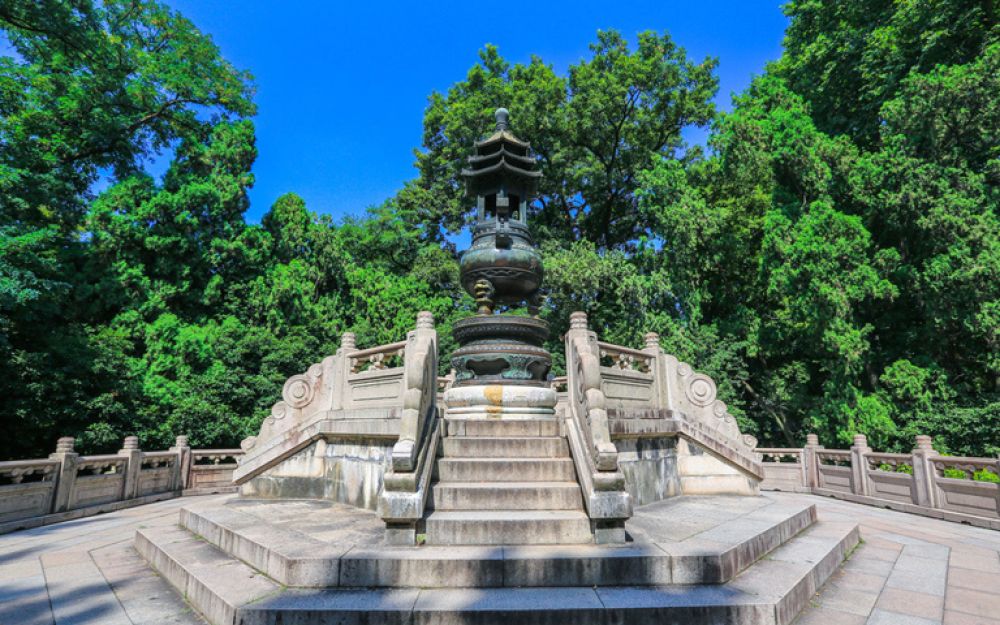

The Sun Yat-sen Mausoleum, located in Nanjing, China, is a site of profound historical significance and a prominent tourist attraction. It is dedicated to Dr. Sun Yat-sen, the revolutionary leader often referred to as the 'Father of Modern China' for his role in overthrowing the Qing dynasty and establishing the Republic of China in 1912.
Construction of the mausoleum began in 1926 after Dr. Sun's death in 1925 and was completed in 1929. Since its completion, the mausoleum has attracted visitors from across China and around the world, serving as a place of remembrance for the revered leader.
In its early years, the Sun Yat-sen Mausoleum was primarily a site of political and historical importance, with domestic visitors forming the majority of tourists. However, over time, the significance and beauty of the site began to attract a wider audience, including international tourists seeking to understand China's modern history and culture.
In recent times, the Sun Yat-sen Mausoleum has become an integral part of the "Red Tourism" trend in China, where people visit sites with historical significance to the Communist Party and the country's revolutionary past. These visitors come to pay their respects, learn about history, and experience the grandeur of the site's architectural and natural beauty.
The mausoleum is set against the backdrop of the picturesque Purple Mountain, and visiting it provides an opportunity to engage with China's natural as well as historical heritage. Furthermore, the government has made significant efforts to enhance visitor experience by improving infrastructure, offering guided tours, and integrating digital technologies to provide interactive educational content.
Tourism at Sun Yat-sen Mausoleum now includes vibrant activities such as an impressive annual ceremony on November 12th, Dr. Sun's birthday, which attracts thousands of visitors. Additionally, the site is replete with exhibitions and displays showcasing Dr. Sun's life and work, offering tourists a comprehensive cultural and historical perspective.
The Chinese government has taken active steps to preserve the Sun Yat-sen Mausoleum, recognizing its importance to national heritage and tourism. Efforts are ongoing to balance visitor access with conservation needs, ensuring that this pivotal site can be appreciated by future generations.
Overall, the Sun Yat-sen Mausoleum stands as a testament to Dr. Sun Yat-sen's enduring legacy and continues to play a significant role in China's tourism landscape, providing insight into the historical narrative that shaped the nation.